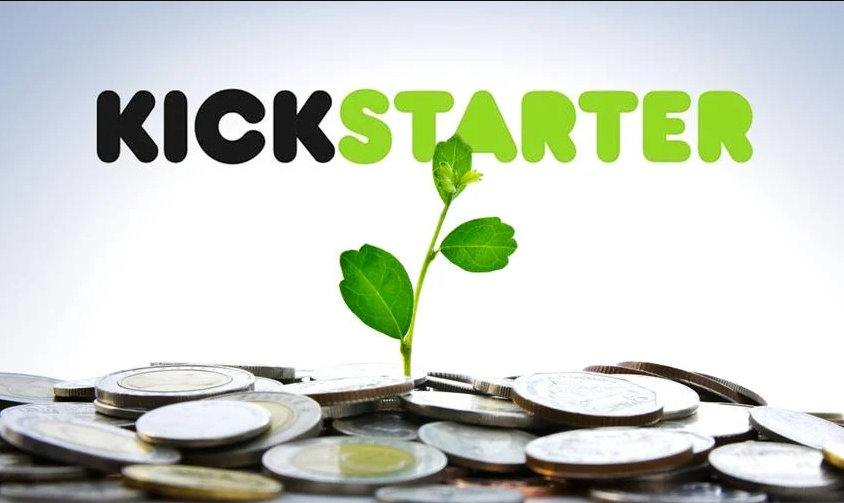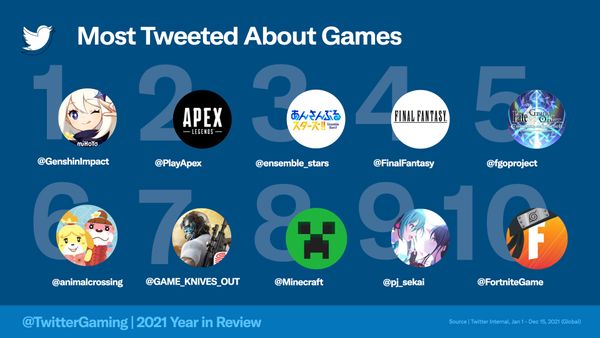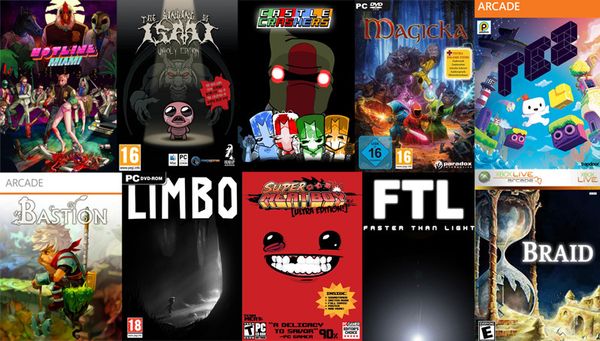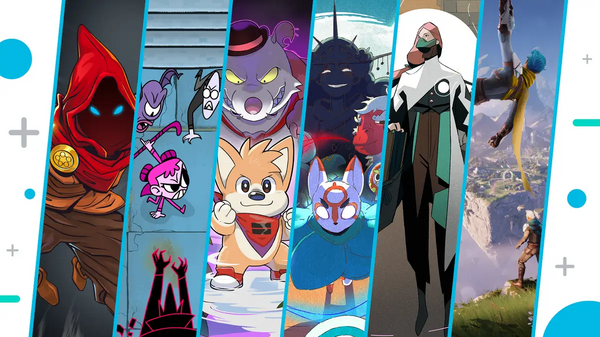Introduction
In the vast world of video games, independent game developers often find themselves facing a daunting challenge: how to bring their creative visions to life while navigating the treacherous waters of funding and marketing. Thankfully, Kickstarter, the crowdfunding platform that has revolutionized creative industries, offers a lifeline to these indie developers. This blog explores the profound importance of Kickstarter for indie game developers, shedding light on why it has become a game-changer for individuals seeking to fund and market their video games. We will delve into the significance of Kickstarter, the steps to launch a successful campaign, tips for funding success, real-life success stories, potential pitfalls to avoid, and conclude with a reminder of why Kickstarter is the go-to platform for indie game developers.
The Significance of Kickstarter for Indie Game Developers
Breaking Down the Financial Barriers
Traditional funding for game development has long been dominated by publishers and investors who often have their own agendas. This can stifle creativity and limit the scope of a project. Indie game developers face immense challenges in securing the necessary funds for their dreams. Kickstarter emerges as a game-changer by offering a direct line to the gaming community, cutting out middlemen and providing a platform where developers can showcase their unique ideas and gain financial support directly from potential players.

Building a Community of Supporters
One of Kickstarter's most remarkable features is its ability to help indie game developers build and engage with a dedicated community of supporters. Through regular updates, discussions, and rewards, developers can foster a sense of belonging among backers. This community becomes not just a source of funds but a powerful advocate for the game, spreading the word far and wide. Kickstarter allows developers to tap into the passion of their audience, transforming backers into enthusiastic promoters.
Retaining Creative Control
Independence and artistic freedom are often at the heart of many indie game developers' aspirations. With Kickstarter, developers maintain complete control over their projects. This contrasts starkly with traditional funding models where investors may exert influence and pressure on the creative process. Kickstarter allows developers to stay true to their vision, resulting in more innovative and unique gaming experiences.
Key Steps to Launching a Successful Kickstarter Campaign
Pre-campaign Preparation
Before launching a Kickstarter campaign, indie game developers must undertake thorough preparation. This includes defining their game concept with clarity and setting a realistic funding goal. Creating a compelling game trailer and visuals is crucial to grab the attention of potential backers and convey the essence of the project effectively.
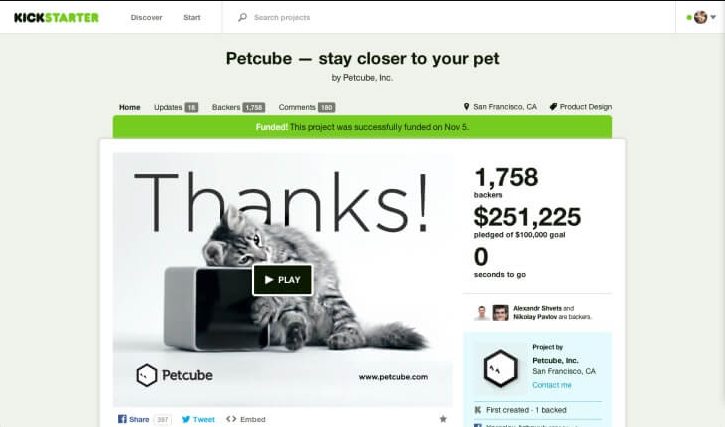
Crafting a Captivating Campaign Page
The campaign page is the heart of a Kickstarter project. Indie game developers need to invest time in writing an engaging project description that tells a compelling story. Additionally, showcasing game features and rewards that resonate with potential backers and highlighting the team's qualifications can instill confidence in supporters.
Marketing and Promotion
A successful Kickstarter campaign requires a proactive marketing and promotion strategy. Utilizing social media, engaging with gaming communities, and collaborating with influencers and media outlets are essential components of this strategy. Building anticipation and excitement around the project is key to attracting backers.
Building Trust and Credibility
Trust is paramount in crowdfunding. Indie game developers must maintain transparency in project updates, addressing both successes and challenges openly. Responding promptly and professionally to backer questions and concerns is vital in building credibility. Demonstrating a track record of delivering on past promises can reassure potential backers that their support will not be in vain.
Tips for Funding Success
Offer Attractive Rewards
Indie game developers should design a tiered reward system that caters to a wide range of backers. Offering exclusive in-game content or physical merchandise as rewards can entice backers to pledge more. Thoughtfully designed rewards can significantly boost funding and engagement.

Regular Updates and Engagement
Consistent communication with backers is crucial throughout the campaign. Indie game developers should show progress and improvements, providing a glimpse behind the scenes. Engaging with backers through comments and messages not only builds a sense of community but also provides valuable feedback and ideas.
Mid-Campaign Push
To maintain momentum during the campaign, introducing stretch goals can be highly effective. These goals offer additional content or features when certain funding milestones are reached, incentivizing backers to increase their pledges. Creating a sense of urgency with limited-time offers can also encourage more pledges.
Post-Campaign Planning
The campaign's success doesn't end when funding is secured. Indie game developers must plan for the post-campaign phase, ensuring they maintain transparency during development, manage backer expectations for delivery timelines, and provide opportunities for backers to stay engaged and involved in the project's development.
Potential Pitfalls and How to Avoid Them
Common Mistakes Indie Game Developers Make on Kickstarter
While Kickstarter offers fantastic opportunities, it also presents risks. Common mistakes include setting unrealistic funding goals, failing to deliver on promises, or underestimating the marketing effort required. It's crucial to learn from these pitfalls and avoid repeating them.
Tips for Avoiding Project Failure
Understanding the challenges and pitfalls is the first step to avoiding them. Indie game developers should conduct thorough research, plan meticulously, and seek advice from experienced campaigners. A solid project plan and a realistic assessment of resources are essential for success.

Conclusion
In conclusion, Kickstarter has emerged as a powerhouse for indie game developers, offering a transformative platform that breaks down financial barriers, builds supportive communities, and preserves creative control. By following the key steps to launch a successful campaign, implementing tips for funding success, learning from real-life success stories, and being aware of potential pitfalls, indie game developers can harness the power of Kickstarter to bring their gaming dreams to life. The journey may be challenging, but the rewards are worth every effort. Kickstarter is not just a funding platform; it's a beacon of hope for indie game developers looking to create exceptional gaming experiences that resonate with players worldwide.
We hope this article proved to be helpful. We look forward to seeing you grow. For more such content or queries reach out to us and book a demo call today!

